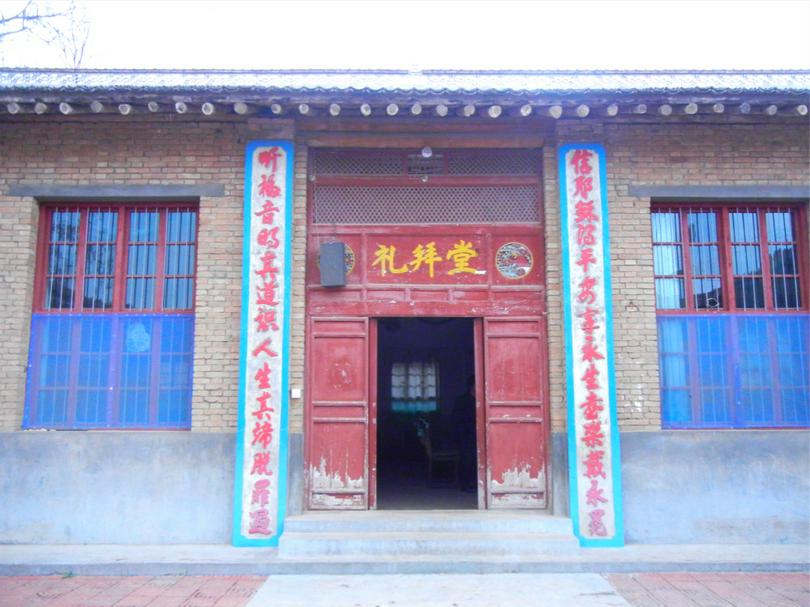In our minds, the word "crisis" often reminds us danger; actually, it means, in a deeper sense, potential danger. It also means specifically, an economic crisis.
Crisis, in my opinion, exists not only in society, but also in the church today, especially in the rural church.
The church in China is facing many crises, which prevents its healthy growth and rob it of its holiness, causing it to become secular.
Born in the countryside, I believed in the Lord by God's grace since I was young and was inspired to serve the Lord later in life. After serving for more than a decade and going through difficult times, I understand the rural church quite well. I believe it is facing a potential danger or an economic crisis. It brings the church into a vicious circle. As a result, many lambs do not have a pastor and ministries are paralyzed.
There are four factors causing the crisis. First, the believers are poor. Second, they lack the awareness of the importance of offering to the church. Third, the church has flaws in money management. Fourth, those making offerings are from financially-weak groups.
People from countryside tend to go out to seek work now. After the celebration of the Spring Festival, almost all young men and women go to big cities. The believers are mainly left-behind seniors, left-behind women and left-behind children. Because worship attendees are mainly these groups, the church can only collect little donation.
1. Left-behind seniors
The majority of attendees in rural church's gatherings are seniors, aged between 60 to 80. Though they are simple, pure, and fear God very much, they feel embarrassed and helpless about donating when asked.
A senior said, "My son works outside [in the city] and I take care of his children. The money my son sends is enough only to cover our living expenses and the cost of children's study so I cannot have any money to offer to the church."
I have seen an old grandmother at age 80 giving some eggs wrapped in a handkerchief to the church, expressing her willingness to donate. I realized that these seniors lacked not the heart to donate; but, the power.
2. Left-behind women
Sisters comprise another half of the believers in the countryside. Some of them are church leaders. However, most of them depend on their husbands' support and have no other sources of income. Some even have to ask their spouses for pocket money.
These sisters have heart-breaking stories. Left behind to take care of the children, who are students, they have to fulfill their duty as children support their parents. They not only have to deal with many pressures at home alone; but, also bear their loneliness. Furthermore, when they are willing to donate some money to the church after being touched by sermons, they are struggling in their hearts because their donation is supposed to be for buying milk for their kids or pay for their studies.
One sister did not dare to tell her non-Christian husband about her donation when her church was raising funds to build a new gathering place. Later, she told her husband that she needed more money to cover living expenses and received some money from him, which she offered to the church in silence. We can conclude safely that the majority groups of believers do not have financial freedom, let alone to donate.
3. Left-behind children
Though many people say that children, like flowers of the country, determine its future, we see many of them are separated from their parents. Helpless parents have to leave them to the care of their grandparents to search for jobs in the city.
Almost every church has its own Sunday School in the countryside. On Sundays, children come to the church early in the morning, listening to the class in obedience and after the end of service, teachers give them some candies and notebooks to encourage them. However, they still feel lonely in their hearts.
These three groups are the major groups of believers in the rural church. They do not have their own income so they lack the strength to donate despite their willingness to help. Lacking economic power impacts the church's various ministries so we need to think about how to solve its difficulty.
The Author is a grass root missionary in Hebei, North China.
Translated By: Alvin Zhou










